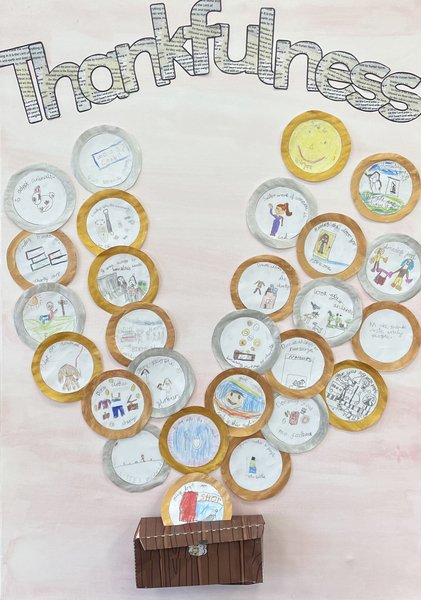DT
Through our Design and Technology curriculum, we aim to enable all children to become competent in a range of practical skills which they are able to apply to design and create purposeful products.
They will have opportunities to design, develop technical skills, make and evaluate. Children will also learn about cooking and nutition in their DT lessons; learning how to cook is a crucial life skill that enables pupils to feed themselves and others affordably and well, now and in later life.
Scheme of work | Why have we chosen Kapow DT? The scheme follows the strands of ‘Design, Make, Evaluate’ with ‘Technical Knowledge’ at the centre of these 3 strands, meaning children have coverage of the National Curriculum. The key strands allow children to:
- develop the creative, technical and practical expertise needed to perform everyday tasks confidently and to participate successfully in an increasingly technological world. - build and apply a repertoire of knowledge, understanding and skills in order to design and make high-quality prototypes and products for a wide range of users. - critique, evaluate and test their ideas and products and the work of others. - understand and apply the principles of nutrition and learn how to cook.g. The four key areas (Cooking and Nutrition, Mechanism/Mechanical Systems, Structures, Textiles) are taught across each key stage, with two additional key areas, (Electrical Systems and Digital World) beginning in KS2. . Each of the key areas links to the technical knowledge section of the Design and technology National Curriculum. This reinforces principles learnt through exploring various methods and techniques. From KS1 to KS2, the technical knowledge descriptors build upon prior learning and/or introduce new learning. Substantive concepts within units are introduced from KS1; e.g. mechanisms are introduced and explored such as sliders, wheels and axles, and then built upon in KS2; teachers extend pupils understanding of individual mechanisms, to form part of a functional system, e.g. automatas, that use a combination of cams, followers, axles/shaft, cranks and toppers. The Kapow scheme follows the spiral curriculum model where previous skills and knowledge are returned to and built upon Each unit of lessons focuses on the key subject knowledge needed to deliver the curriculum, making links with prior learning and identifying possible misconceptions
|
Delivery | DT is taught every other half term and is delivered weekly (1 hour/week) Vocabulary is a focus of each lesson, every unit contains carefully planned Tier 2 and Tier 3 words Tasks are differentiated by the terminology ‘Hard, Harder, Hardest’. Differentiation is flexible and not aligned to core subjects. Children are encouraged to choose their own level of challenge. High expectations of every child means they are encouraged to assess their own learning, showing this through their choice of task. Often, children will be making products in DT. This means there is not an expectation to have worksheets stuck in as ‘evidence’ in books. The ‘evidence’ of learning will be shown with high quality photographs of end products, as well as evaluation of these products. Knowledge organisers for each unit support pupils in building a foundation of factual knowledge by encouraging recall of key facts, concepts and vocabulary. These are shared with children and parents at the start of each unit of learning.
|
Assessment | Children complete a pre and post assessment task, teachers use this to pitch learning tasks and assess new learning at the end of each unit Assessment for learning takes place in each lesson, enabling teachers to have high subject-specific expectations of all children End of unit summative assessments are made by teachers, identifying those children who exceeded/did not meet expectations
|
Learning environment | |
Enrichment | |






